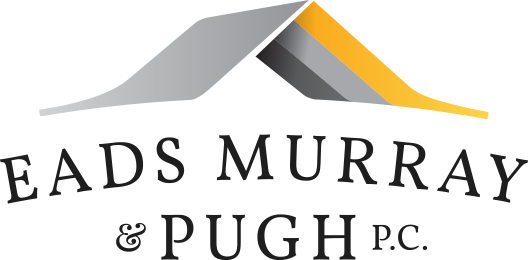NOW WE KNOW FOR SURE: THE CORPORATE TRANSPARENCY ACT DOES APPLY TO COMMUNITY ASSOCIATIONS
By P. Thomas Murray, Jr.
As we previously noted, it was difficult for many people to accept the fact that the Corporate Transparency Act (“CTA”) was intended to apply to Indiana homeowners associations, condominium associations, and other forms of community associations. We now for sure that the CTA does apply. On April 18, 2024, the Financial Crimes Enforcement Network (“FinCEN”) issued new FAQs confirming the CTA’s applicability. Because almost all Indiana associations are formed as nonprofit corporations, FinCEN classifies them as “reporting companies” that are bound by the CTA’s requirements, including the obligation to file Beneficial Ownership Information (“BOI”) reports. The first directly applicable
Q&A states as follows:
Q. Are homeowners associations reporting companies?
A. It depends. Homeowners associations (HOAs) can take different corporate forms. As with any entity, if an HOA was not created by the filing of a document with a secretary of state or similar office, then it is not a domestic reporting company. An incorporated HOA or other HOA that was created by such a filing also may qualify for an exemption from the reporting requirements. For example, HOAs designated as 501(c)(4) social welfare organizations may qualify for the tax-exempt entity exemption. An incorporated HOA that is not designated as a 501(c)(4) organization, however, may fall within the reporting company definition and therefore be required to report BOI to FinCEN.
Our firm has never represented an HOA that qualified as a 501(c)(4) social welfare organization. We doubt there are very many in the entire state of Indiana. Thus, the vast majority of Indiana community associations will likely be classified as “reporting companies” and thus be bound by the CTA’s requirements.
The second directly applicable Q&A states as follows:
Q. Who is the beneficial owner of a homeowners association?
A. A homeowners association (HOA) that meets the reporting company definition and does not qualify for any exemptions must report its beneficial owner(s). A beneficial owner is any individual who, directly or indirectly, exercises substantial control over a reporting company, or owns or controls at least 25 percent of the ownership interests of a reporting company. There may be instances in which no individuals own or control at least 25 percent of the ownership interests of an HOA that is a reporting company. However, FinCEN expects that at least one individual exercises substantial control over each reporting company. Individuals who meet one or more of the following criteria are considered to exercise substantial control over the HOA:
• the individual is a senior officer;
• the individual has authority to appoint or remove certain officers or a majority of directors of the HOA;
• the individual is an important decision-maker; or
• the individual has any other form of substantial control over the HOA.
The fact that FinCEN prepared not one, but two Q&As specifically addressing community associations makes it clear that the CTA’s reporting requirements are mandatory. If your homeowners association, condominium association or other form of community association was formed prior to January 1, 2024, you need to assure that the Board of Directors is ready to comply with the registration requirements no later than December 31, 2024. However, we are still recommending that Board members wait until the fourth quarter to file the necessary reports.
If you have any questions about the CTA, please contact your association’s attorney or contact one of our Eads Murray & Pugh attorneys at 317-536-2565 or at Info@IndianaHOALaw.com.
